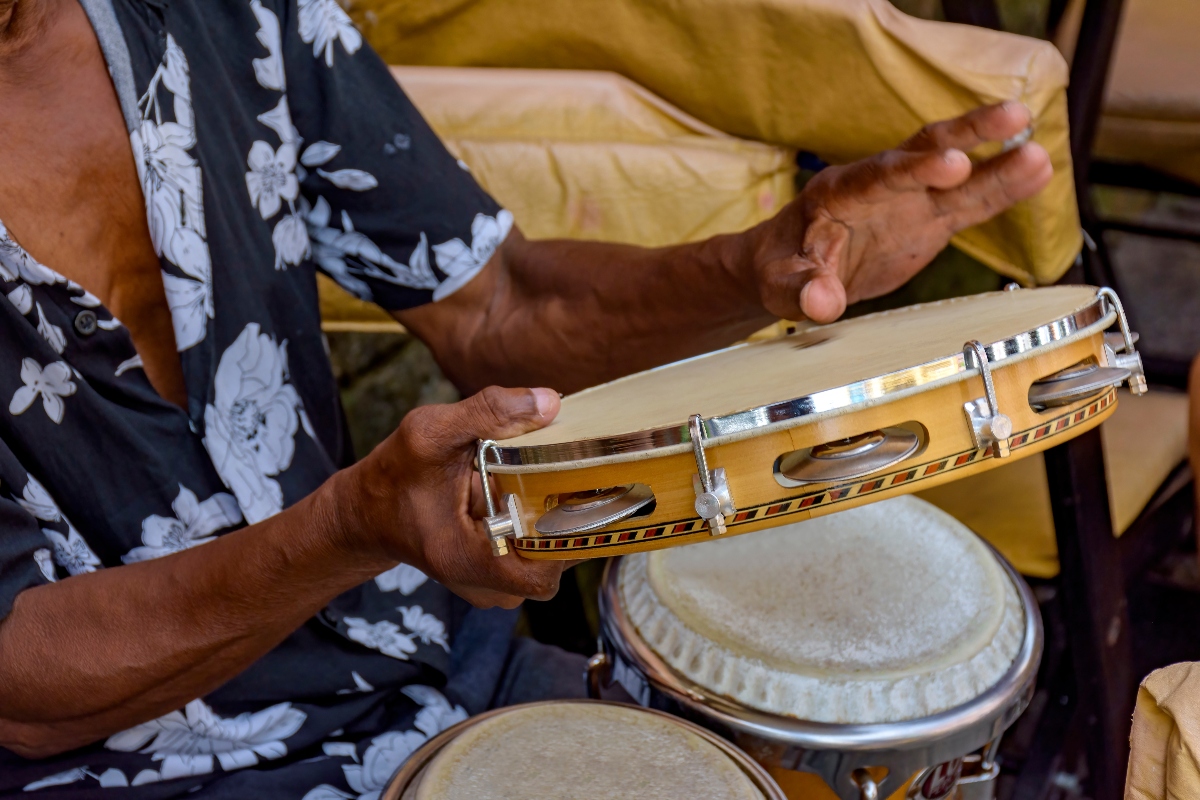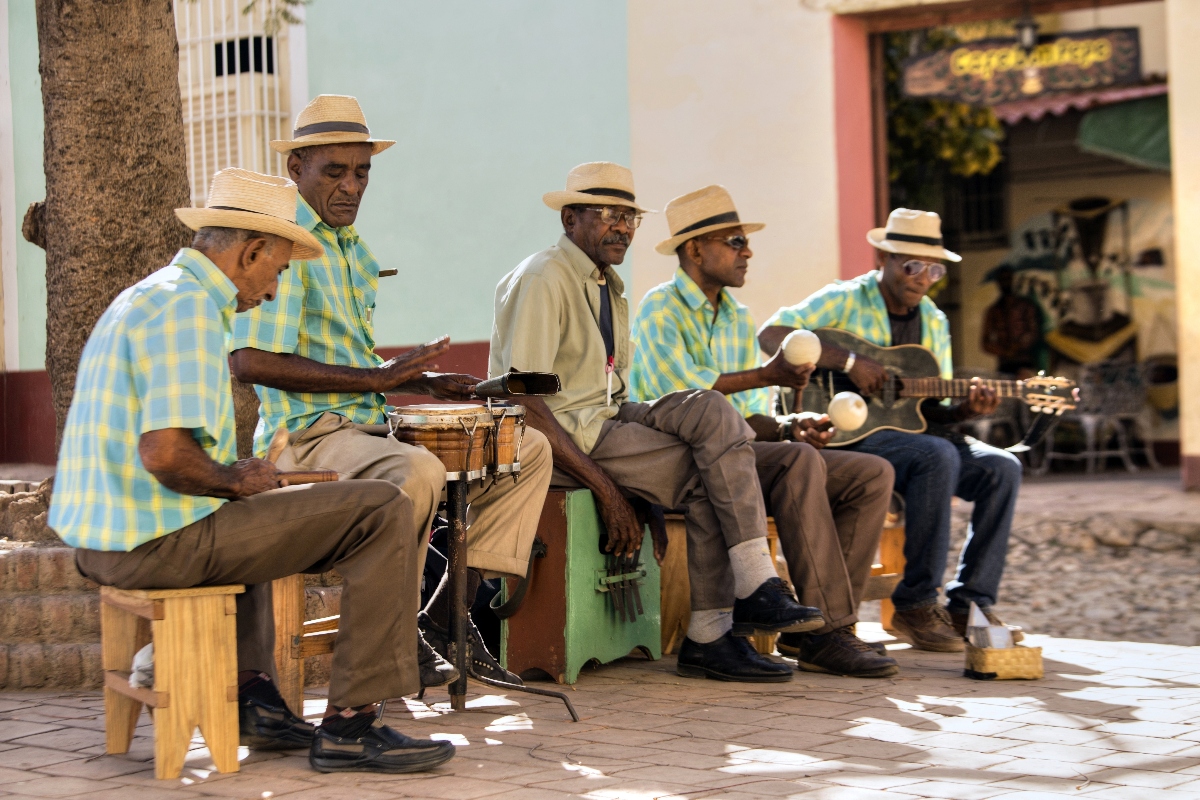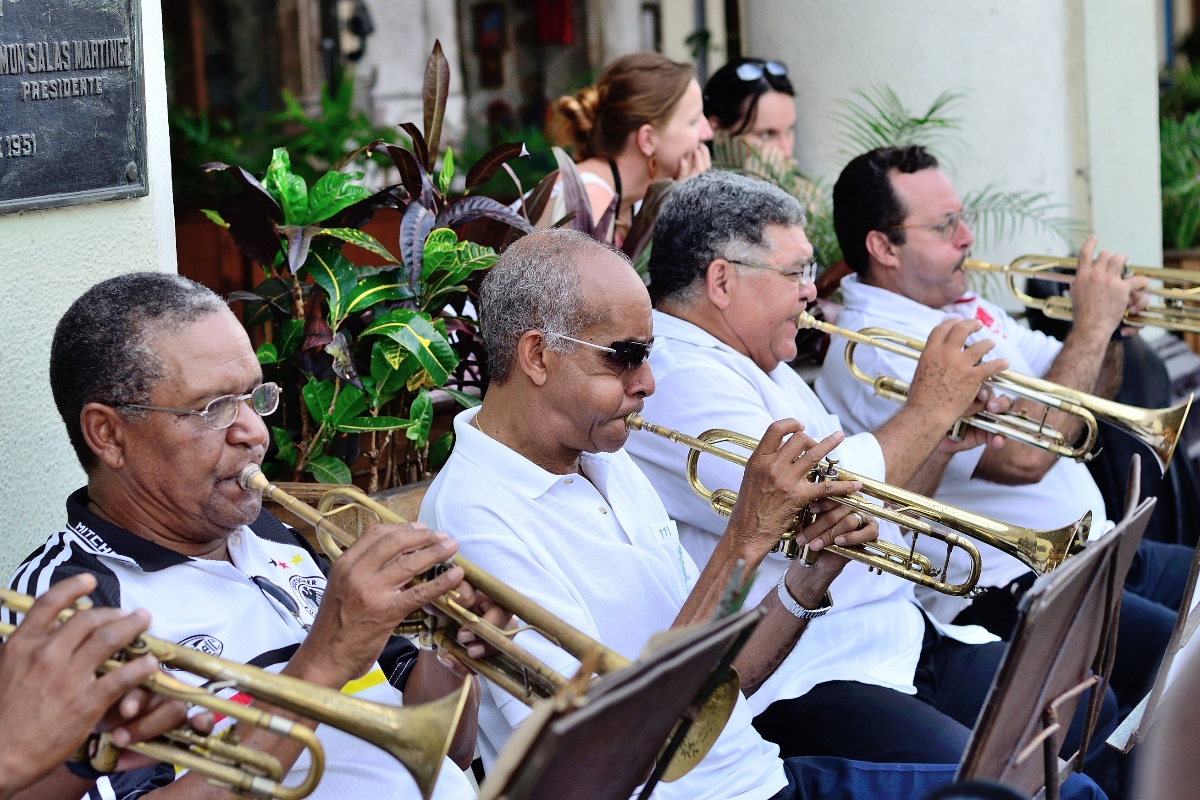Tropical music has been the soul of countless celebrations, uniting the Hispanic community in the United States and around the world.
Its evolution from African roots to its presence in the digital age reflects a rich cultural fusion. It continues to resonate in our hearts and dance floors.
Crossing the Atlantic

The history of tropical music dates back to the 16th century, when Spanish and Portuguese conquistadors brought enslaved Africans to the Americas.
These individuals brought a vibrant musical heritage, characterized by rhythms and percussions.
By blending with indigenous and European traditions, they gave rise to genres such as cumbia, Cuban son and merengue.
Expansion and popularization

During the 20th century, tropical music was consolidated in Latin America and began to influence the international music scene.
Tropical music has been the soul of countless celebrations
QueOnnda.com
Genres such as salsa emerged in countries like Cuba and Puerto Rico, fusing elements of jazz and Afro-Cuban rhythms.
Iconic artists such as Celia Cruz and Tito Puente took these sounds to global stages and popularized salsa and other tropical rhythms in the United States and beyond.
Influence

In the United States, tropical music has been a fundamental pillar for the Hispanic community, serving as a cultural link and expression of identity.
Cities such as New York and Miami became epicenters of salsa and merengue. Immigrant communities found in these rhythms a connection to their roots and a way to share their culture with the world.
The digital era

Today, tropical music has experienced a resurgence, adapting to modern trends and reaching new audiences through digital platforms.
Contemporary artists such as Bad Bunny have incorporated salsa elements into their productions. Thus, he revitalized the genre and introduced it to new generations.
Musical legacy
Tropical music, with its rich history and adaptability, continues to be a unifying force and a vibrant expression of Hispanic culture.
From their origins to their presence in the digital era, these rhythms continue to inspire artists. They captivate listeners around the world, ensuring that the legacy of tropical music endures for generations.
For more information, visit QuéOnnda.com.














